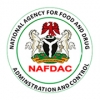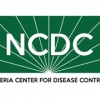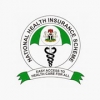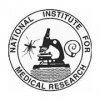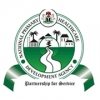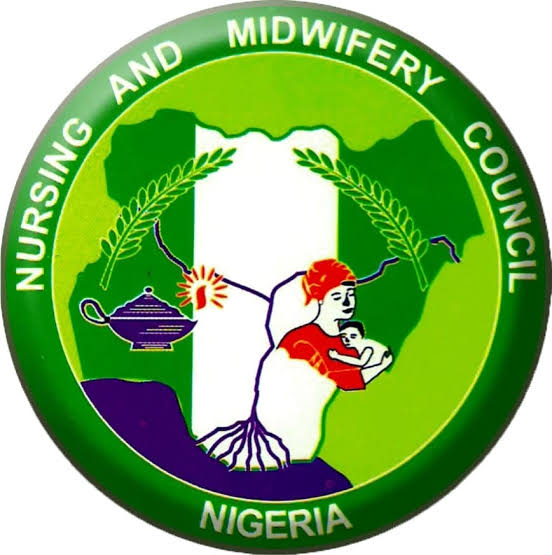Highlights Of Response By Honourable Minister Of Health, Dr. Osagie Ehanire To Questions From Journalists During The Presidential Task Force On COVID-19 Press Briefing Held On Monday, 10th August, 2020
Highlights Of Response By Honourable Minister Of Health, Dr. Osagie Ehanire To Questions From Journalists During The Presidential Task Force On COVID-19 Press Briefing Held On Monday, 10th August, 2020
Q. 5% of COVID infections and about one in every six are health workers, how can you scale it down in view of the implications or to our response?
HMH: “As I said during my briefing, the health care workers are by far the most valuable part of the entire response, and we prioritize their safety and security and also their comfort. So, the provision of PPE is what we don't compromise at all. They are given all PPEs and given the training; they are also given refresher training. In fact, right now, there is some training going on virtually and some cases on direct person to person. So, the reason we do all of that is to reduce the risk of infection of healthcare workers. Healthcare workers have to check their families, they have to go away for some days and they also are, because they are doing such frontline work, they are very important to the entire system. So we do everything to reduce the risk of health care workers getting infected.
We also advise health care workers not to try to manage this disease on their own privately, because some of them as we got reports have also got infected by trying to manage it privately, which is risky; somebody is tested positive instead of going to the hospital, goes to his house and invites a health care worker to come and look after him and that person risks getting himself infected under that circumstance.”
On need to provide insurance benefits to healthcare workers:
HMH: “The National Health Insurance is working, we have been working with the National Health Insurance for creating this, as I also announced just now, a new package of health benefit which is more robust than before and this package of health benefit takes care of a lot of basic illnesses that had to be covered by out of pocket before; so by the time that package is unveiled, many of the concerns that you have spoken now will be resolved because it will take care of not only just testing but of supporting drugs and medication for those who are diagnosed of diabetes and hypertension as was mentioned just now, will be part of the package and it is a very beautiful package that comes with the promise of this regime, of this government to make things better for citizens. The unveiling will come a little bit later.”
Q. On need to pay enhanced hazard allowance and some persons complained of being left out:
HMH: “About the hazard allowance, well, by the time we are trying to work out something for people who are involved in health care in a country as big as ours with so many health workers and with so many hospitals, a lot of calculation goes on. You have to get the list of who are the healthcare workers; how many are working in this hospital, how many are working in that hospital; what are they doing? So the figures come in, some figures come in late, you are waiting to collate others, you have already collated before they come in; Some are wrongly categorized and the result is that we get plenty of later request that there have wrongly-categorized or that they were not captured, all due to the fact that the system is in many ways trying to sort things out by itself. So, I've had meetings with those who care to complain to me and I spoke just the other day with the National Association of Resident Doctors, I've also had meetings with JOHESU and once they are able to clarify the position, the corrections will be made, so we make corrections as soon as the situation is clarified. But the first response is not to go on strike or to start threatening strike, it is to try and sort out the errors because collating these things is not easy. There are misunderstanding in communication; there are many times when reports which, we are waiting for takes far longer to come than you are expecting, and where those who are providing the reports themselves will admit that they made a mistake in categorising or even counting the number of workers they have. So, those are things which definitely come from some human error and will be corrected along the way. The intention is not to cheat anybody, the intention is to make sure that you are properly taken care of in the work you are doing.”
Q. On the protocols for discharge of patients:
HMH: “Patients are discharged following a particular protocol. At the beginning, patients have to test twice negative, you test them and they are negative for COVID-19, you wait 24 to 48 hours and test them again and then they are negative before you discharge them. There are several treatment centres where it is being done, and each one does its own treatment according to its own protocol, according to the protocol that is laid down, so it can happen that you have a few patients discharged in total and it can also happen that by coincidence a large number of patients are discharged in a day. It is not that they are coordinating or talking to each other. The protocol has changed now since the knowledge came out that within 10 days maximum, we make it maximum 14 days for those who have no symptoms, who have only a mild case that the virus is in fact, no longer active and that even if you were to test them they will be negative and a few who will be positive actually do not have active viruses, the virus that test positive is inactivated and they are surely not infectious anymore after 10 to 14 days circle, so those are the criteria for discharging patients. And, it can vary because of all the various treatment centres in the country the numbers can vary from day to day or from week to week.”
Q. On protocols for burial of COVID-19 dead patient:
HMH: “Just a word on the burial, I think the NCDC representative will also say something about that. It is been found that the risk of infection is not comparable to that of Ebola, so the protocols are not identical between Ebola and COVID-19. So, the protocols laid down by the World Health Organization (WHO) are different and they do not envisage that people should expect they all be treated the same way. At the beginning there was a lot of scare about that, but the WHO has since released guidelines that have allayed many of the fears. Thank you.”
